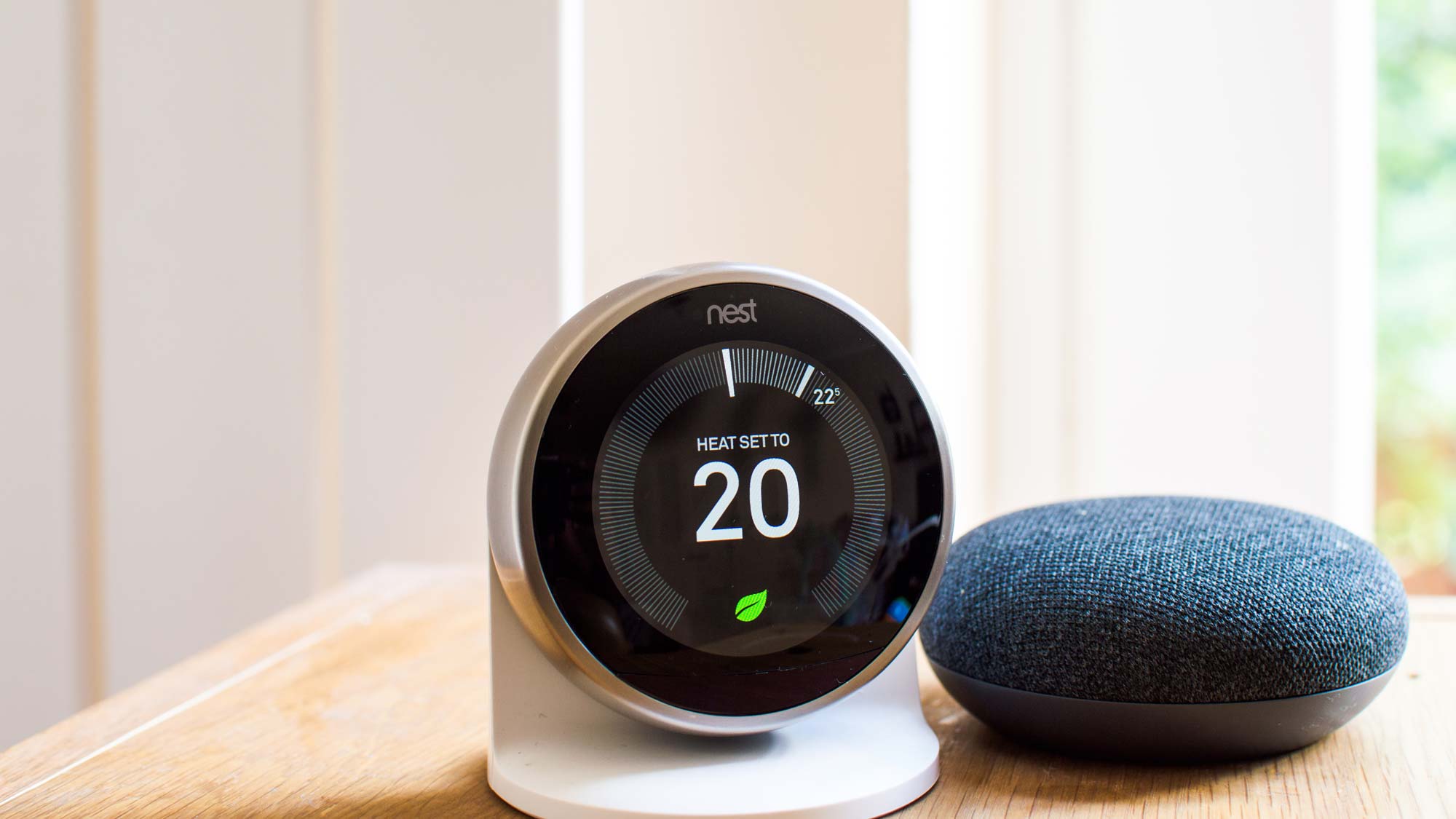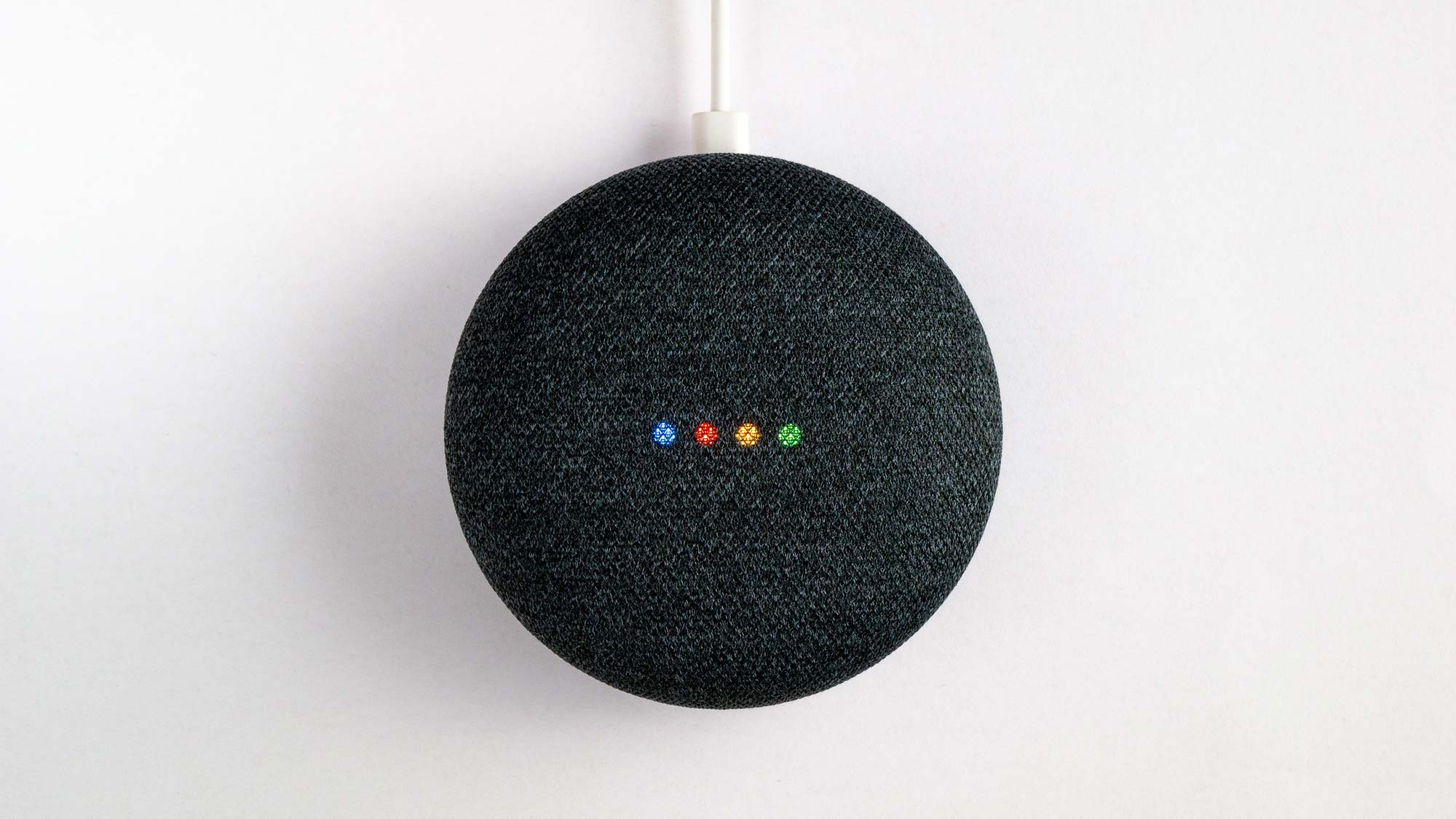Why Google Assistant is losing big to Alexa
Google Assistant needs to step up its smart home game

It was a big mistake to migrate my Nest account to a Google Assistant account.
Nearly a year ago, Google announced that it was phasing out the Works with Nest program. Back then, I could use the Home and Away statuses of the Nest Learning Thermostat to automate a number of my smart home devices. For instance, when I left my house, and the thermostat went into Away mode, I could use Works with Nest to have my Philips Hue lights turn off, security systems turn on, and more.
- The best smart home devices: Our top picks
- Best Google Assistant skills: 35 things you can try now
I also could use other smart home devices to automatically control the Nest thermostat. If I activated a night scene in the Lutron app — turning off lights and closing shades — the app would also command the thermostat to lower the temperature.
Don't switch your Nest account!
If you move your Nest account to a Google Assistant account — as I did — all that goes away, and Google still has yet to replace that functionality. In an interview with Tom's Guide last November, Michele Turner, senior director of Google's smart home ecosystem, said some of this functionality would be coming in early 2020, but I'm still waiting.
Currently, if you have a Google Home-centric smart home, the only way to control smart home devices is by speaking a phrase to a Google Assistant-enabled smart speaker or creating a Google Home Routine to activate at a certain time. And that's far behind the competition.
Where Alexa (and even Apple HomeKit) beat Google
One of the best smart home integrations was with the Nest Protect smoke detector. When I had a Nest account, I could link the Nest Protect to my Philips Hue lights, so that if the smoke alarm went off, it would turn on all my lights, making it easier for my family and I to escape if there were a fire. Not only is this no longer available, but even within Google Assistant, you can't connect the Nest Protect to anything. In addition to being less functional, it's less safe.
By contrast, Alexa lets you control smart home devices if your phone enters or leaves an area, if an Alexa speaker hears shattering glass or a fire alarm, if a motion or door sensor is tripped, or if a home security camera detects motion.
Despite its other shortcomings, Apple's HomeKit offers similar functionality. It too can turn on lights automatically if a smoke detector activates. And, in addition to automating smart home devices based on whether you arrive or leave home, you can create an automation based on any location you want.
Let's say I go on a business trip. I can program HomeKit to turn on a certain light as soon as Apple detects my phone at my destination and then have that light turn off after a certain period of time.

Google's Home needs to get smarter, soon
Because I'm in charge of all of the smart home categories for Tom's Guide, I have Alexa, Google Assistant and HomeKit set up in my house. I generally don't use any of the voice assistants unless I want to play music or adjust the lights. I don't want to have to say "Siri" or "Alexa" or "Hey, Google." I want things to happen without having to say so. Right now, Amazon and Apple are much farther ahead than Google in creating a truly automated smart home.
Through its foresight, Nest had an early smart home advantage. Unfortunately, not only does Google Home lack the abilities ofAlexa and HomeKit, but Google has yet to replicate Nest's functionalities. Google promised us it would be coming soon, but how long do we have to wait?
Sign up to get the BEST of Tom's Guide direct to your inbox.
Get instant access to breaking news, the hottest reviews, great deals and helpful tips.

Michael A. Prospero is the U.S. Editor-in-Chief for Tom’s Guide. He oversees all evergreen content and oversees the Homes, Smart Home, and Fitness/Wearables categories for the site. In his spare time, he also tests out the latest drones, electric scooters, and smart home gadgets, such as video doorbells. Before his tenure at Tom's Guide, he was the Reviews Editor for Laptop Magazine, a reporter at Fast Company, the Times of Trenton, and, many eons back, an intern at George magazine. He received his undergraduate degree from Boston College, where he worked on the campus newspaper The Heights, and then attended the Columbia University school of Journalism. When he’s not testing out the latest running watch, electric scooter, or skiing or training for a marathon, he’s probably using the latest sous vide machine, smoker, or pizza oven, to the delight — or chagrin — of his family.
